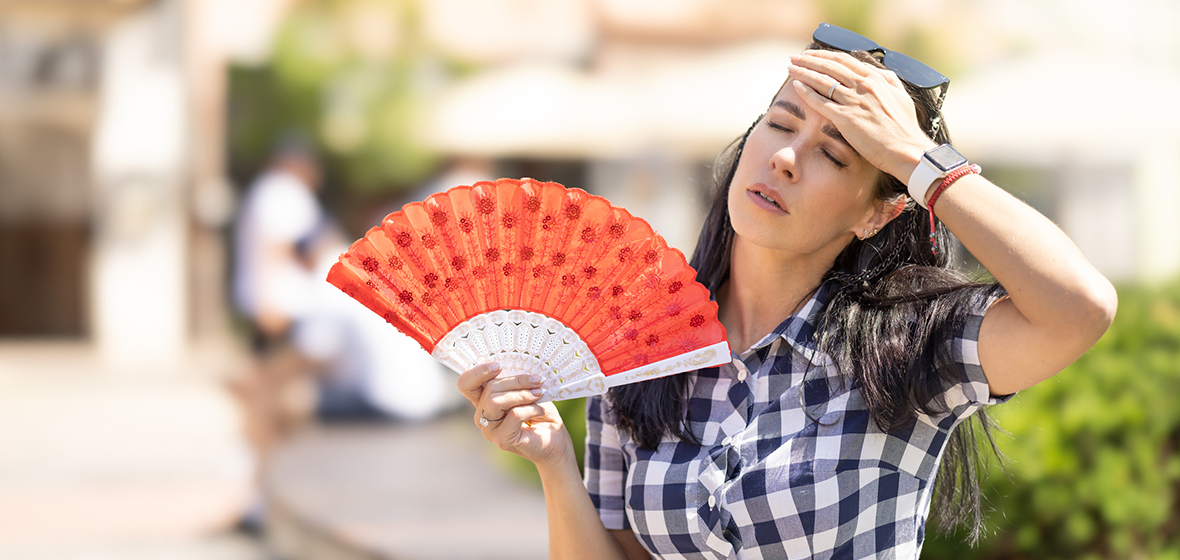
Hot Weather Brings Risk of Heat Stroke
According to the Centers for Disease Control and Prevention, an average of 702 people died from extreme heat in the U.S. each year from 2004 to 2018.
The summer brings opportunities for 90-degree temperatures and heat advisories each year. During a heat advisory, there is a risk of being out in the sun too long. Heat exhaustion and heat stroke can result.
A heat stroke occurs when the body cannot keep its temperature under control. As a result, the body’s core temperature rises and is unable to cool down. In addition to having an extremely high body temperature (more than 104 degrees), heat stroke symptoms can include:
- Not sweating at all
- Red, dry skin
- Difficulty breathing
- Extremely rapid pulse
It’s important to take precautions during a heat wave; not doing so can put you at risk of hallucinations, seizures, a coma or even death.
If you begin to feel an onset of heat-related symptoms, follow these precautions:
- Drink lots of fluids: Sports drinks and water work best for hydration and electrolytes.
- Keep your body cool: Move to a cooler environment away from the sun, such as a shaded area or a building with air conditioning.
- Remove any clothing you can.
- Lay under a fan. You can even spray some water on your body to encourage evaporation and heat loss.
- Place an ice pack or cold compress under your arms or on your groin, as well as behind your neck.
When outdoors, be sure to adequately monitor the weather and follow the necessary precautions for heat stroke. Limit your time outdoors during high temperatures. Be sure to always carry water or a sports drink with you to keep yourself hydrated.
It is vital to seek treatment by calling 911 immediately if you or a loved one have these symptoms. Many of UofL Health’s hospitals and medical centers have emergency care services.









